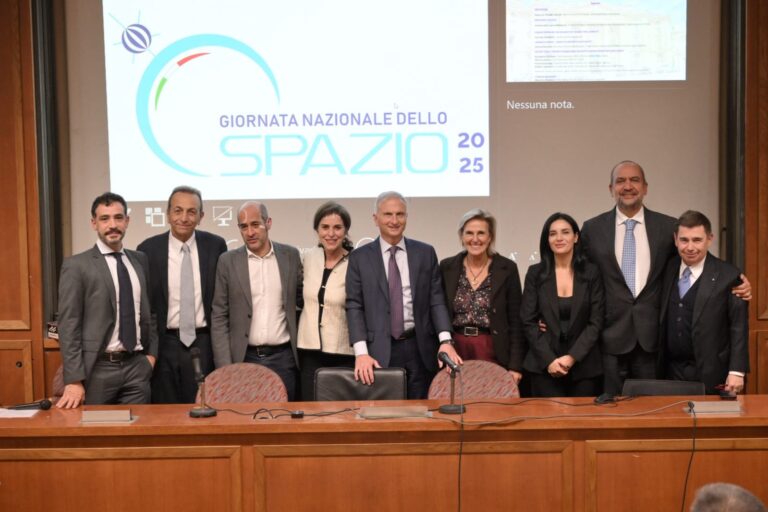Ambassador Luca Sabbatucci, Permanent Representative of Italy to the International Organizations in Paris, spoke today at the workshop “Challenges Facing Small and Medium-sized Enterprises (SMEs) in the New Geopolitical Context,” organized by INSME – International Network for Small and Medium-sized Enterprises (an organization based in Italy that brings together governments, international organizations, research centers, and business associations with the aim of promoting innovation, internationalization, and sustainable growth of small and medium-sized enterprises) and Der Mittelstand. BVMW – the leading association of small and medium-sized enterprises in Germany, representing the interests of over 900,000 companies.
The meeting, hosted by the Organization for Economic Co-operation and Development (OECD), addressed the impact of recent geopolitical changes on small and medium-sized enterprises, true drivers of employment and innovation for the European economy, and especially for the Italian one. Participants analyzed the impact of contemporary shocks, such as conflicts, new international trade scenarios, economic volatility, and transformations in global value chains. All of these factors are reshaping the operating environment of SMEs. In his remarks, Ambassador Sabbatucci focused on some of the key challenges facing small and medium-sized enterprises, noting how the advent of Artificial Intelligence will require the entire sector to adapt.
In this regard, the Ambassador emphasized how agile structures like those of SMEs tend to be more flexible and able to adapt more quickly to innovation than more complex organizations. Ambassador Sabbatucci then noted that SMEs account for approximately 80% of the Italian labor market, constituting the true backbone of our economy. The diplomat finally cited several tools implemented by the Italian government to support small and medium-sized enterprises, such as administrative simplification (Think Small First), the sector’s involvement in procurement procedures, and, in particular, the creation of Competence Centers, incubators, and accelerators. These are true innovation hubs with a strategic role in supporting SMEs and startups, fostering the development of new technologies, entrepreneurial growth, and strengthening market competitiveness.












